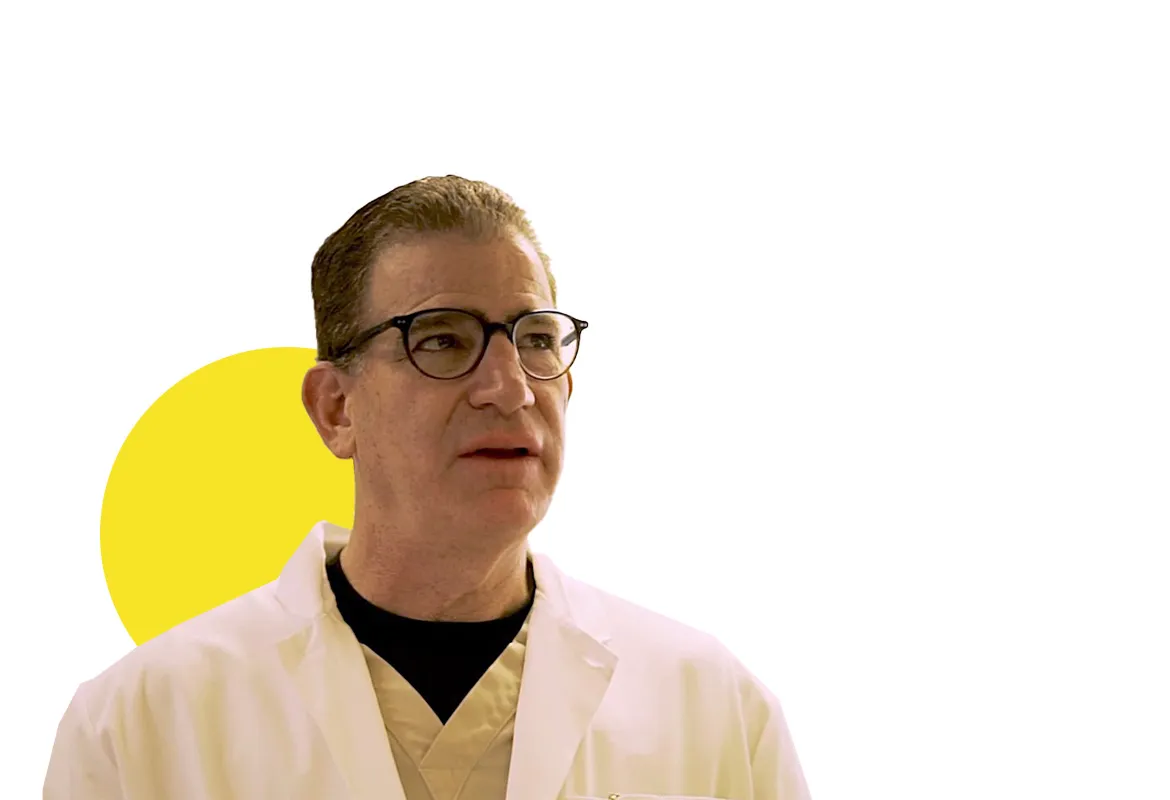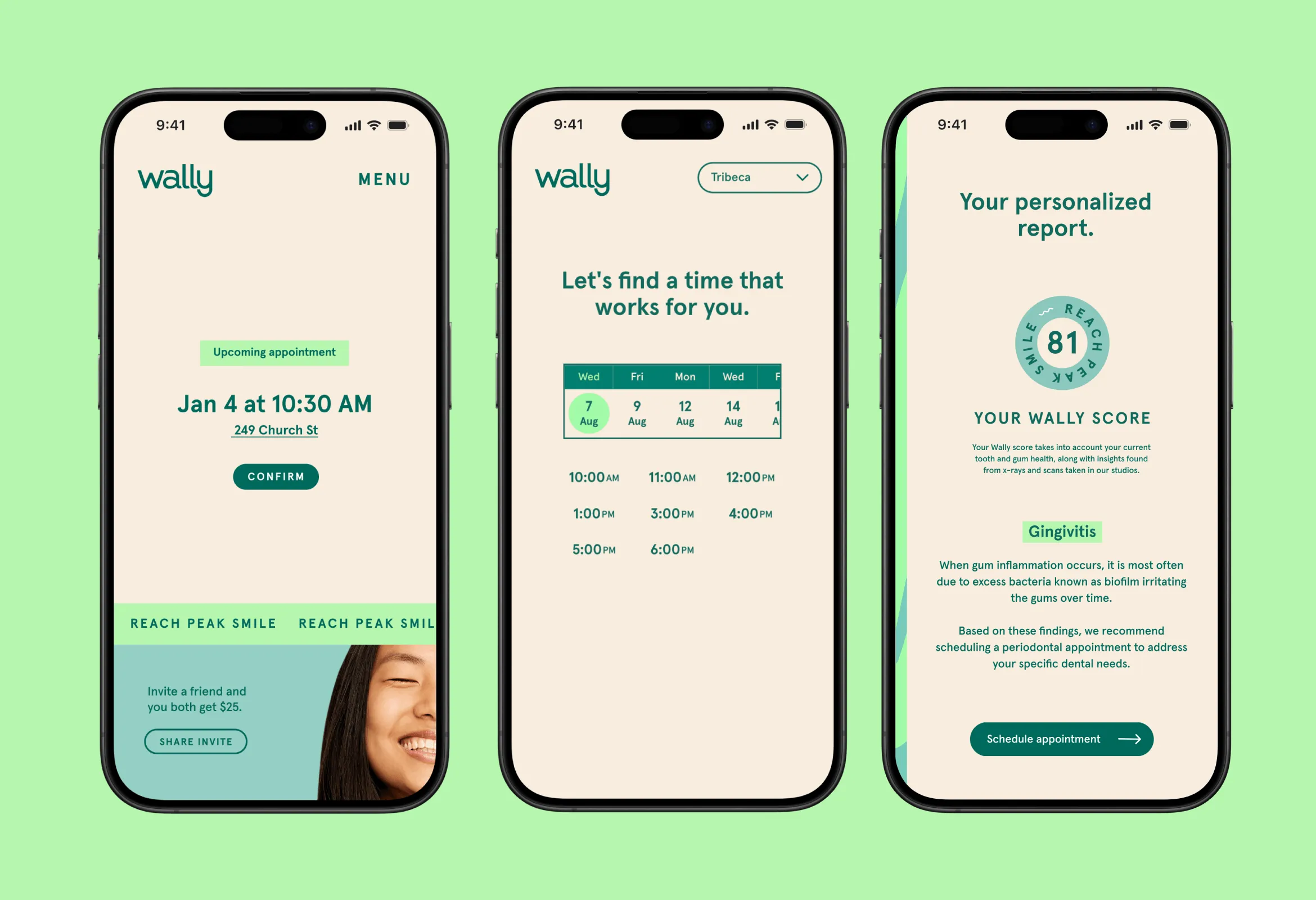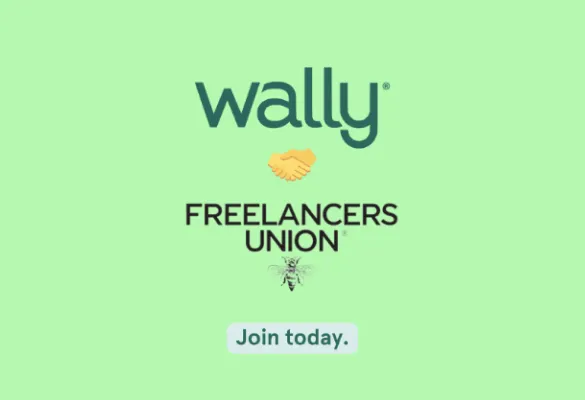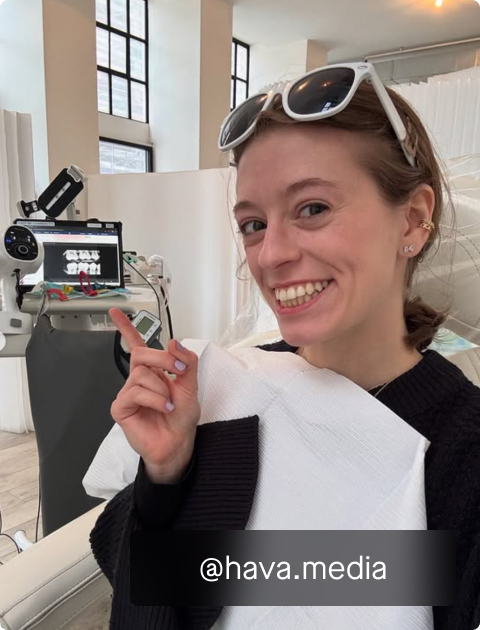From quantity to quality

Dr. Jeffery Harrison, Prosthodontist and founder of MetroWest Dental, has been practicing in Wellesley, MA since 1991. But Dr. Harrison’s story is different from most dentists—he decided that he wasn’t going to allow insurance companies to run his business. “My family was in the retail pharmacy business, and I observed how insurance companies came after the independent pharmacies,” Dr. Harrison recalls. “You don’t see many independent pharmacies or optometry shops anymore because of the way the insurance companies gained control of these professions—decreasing reimbursements and lowering dispensing fees. When I decided to go into dentistry, I didn’t want the same thing to happen to me.”
Diminishing returns: the standard traditional insurance experience
To avoid running into issues, initially Dr. Harrison decided he wouldn’t sign up for every insurance plan available to him, and opted for a select few instead. “Within many of the large insurance companies, there are premium plans and there’s restrictive plans, where you are getting an even further reduced rate. So as a business person I’m wondering, if I’m operating with a certain overhead, how can I reduce my fees by 40% based on insurance reimbursement and then lose 5% or 10% on procedures?”
Why should I give what I would consider to be substandard care, just because the insurance company says so?
Dr. Harrison also points out that with many of these types of plans, it’s the insurance company, not the dentist, who dictates the type of treatment. A patient may need a certain crown or restorative procedure, but the insurance company will only pay for a substituted procedure. “Being more quality oriented I didn’t agree with that,” he explains. “Why should I give what I would consider to be lower quality care, just because the insurance company says so? That had an effect on my whole business philosophy, I wanted to treat my patients in an ideal situation, not just according to the rules of the insurance company.”
During this time, Dr. Harrison found that his front desk staff were inundated with paperwork and burdened by overly complicated explanations to patients. “Things like having to verify patient insurance and determining eligibility increased the cost of running a business. Now that I’m out-of-network, I don’t have to sit down and review all of the insurance claims or go through the maze of insurance codes and then change procedures according to the code. When you have these challenges, you are not practicing dentistry, you are playing an insurance game. And that always bothered me.”
Making the jump out-of-network and working with Wally
After 27 years, Dr. Harrison finally ended his in-network relationship with the largest dental insurance provider, and began using his own business model for running his practice. By charging a certain percentage per procedure, he wasn’t forced to make a specific quota of patients a day. “My goal was to provide quality of care, not quantity of care, and that's still how I run my practice today,” he explains. “While some dentists have to see 40 patients a day to meet their overhead, I can sit down and do the procedures I think are best for my patients, and maybe only have to see 10-15 patients a day.”
My goal was to provide quality of care, not quantity of care, and that's still how I run my practice today.
Dr. Harrison’s success operating outside of dental insurance networks caught the attention of Tyler Burnett, a veteran of the startup world. Tyler had experience co-founding companies that designed smart, easy-to-use technology to create better customer experiences within highly-regulated industries, and he was ready to take on the challenging world of dental insurance.
“Tyler asked me if I had ever thought about creating my own type of in-office situation for other dentists, based on how I was running my practice out-of-network. I told him I had an idea five years ago but I was too busy to do it!” Dr. Harrison had also previously considered off-the-shelf ‘membership plan’ solutions already available in the market, but it was clear that they wouldn’t solve the real problem. These plans weren’t a realistic alternative to dental insurance because they didn’t foster patient engagement and new patient generation, so he worked with Tyler to create a platform that would fill these gaps. They discussed this framework and what it would look like, which led to starting Wally.
"As patients, we expect the best dental care experience, one that’s both transparent and affordable,” says Tyler. “Unfortunately, the way traditional insurance operates, this isn't possible. Insurance companies continue to get fat by charging high premiums and deliberately providing a very complex patient experience, which makes utilizing a plan very difficult. This lack of value leaves most people unable to justify purchasing insurance, forcing them to navigate their own dental experience—paying out-of-pocket instead. At Wally, we are rethinking the incentive model, and by using input from both dental professionals and patients, we offer a simpler and more affordable way to access the best dental care."
Together with co-founder Stipe Latkovic, Tyler brought Wally to life, providing dentists and patients with an easy and convenient way to engage outside of dental insurance networks. Stipe comes from one of the fastest growing software companies in Boston, and brings experience from PayPal, the world's largest financial tech company, where he led teams that worked on some of the company’s most critical projects.
A simple plan for dentists and their patients
Wally does what other insurance companies don’t by giving patients easy access to the right treatment, from the best dentists, at a more affordable price. “Wally gives patients basic dental services, and they can get a percentage off other in-office treatment, but they are not limited to how much they can get done per year. If they have questions or need assistance, there’s also a care team available 24/7.” says Dr. Harrison. “Patients appreciate discounts without having to worry about a copay, out-of-pocket max, usage limit, or deductible. I think that’s a better approach to providing care when you are out-of-network.”
On the dentist’s side, acquiring new patients and engaging existing patients is much less complicated. “Our existing patients are thrilled by our new offering, and already coming back for preventive care more predictably,” says Dr. Harrison. "And of course, bringing new patients to our business is what really helps when moving out-of-network.” By removing the insurance hassle and providing new patients, dentists are able to focus on what’s important—providing the very best care for their patients.
Wally has already been purchased by many individuals and is now beginning to be picked up by HR departments throughout the Boston area. “It’s great, because employers see how Wally’s transparency is cost effective, and the dentist can benefit as well, so it’s a win-win,” explains Dr. Harrison. “The dentists are happy accepting this plan in their office, and the patients are happy with what they are getting.”
Looking forward to the future
“No matter what profession you are in, you need to be passionate about what you are doing or there is little motivation to continue working. There are people I know that want to retire because of what the insurance companies are doing to them,” says Dr. Harrison. “I tell them, you can get out of it any time and you’ll feel much freer. I’m thinking I have at least 10+ more years in me, I’m not ready to retire!”
As Wally expands, Dr. Harrison is confident that more and more dentists will be on board with its approach. “A lot of dentists out there are ready to join Wally. Other dentists are afraid because 75% of their practice is insurance-based and they feel they cannot make the change, so they stay on the hamster wheel and get burned out.”
In terms of getting over the initial hurdle of going out-of-network, Dr. Harrison offers a story from his early career. “When I first got into dentistry, I acquired a practice that had been in business for 40 years. The dentist there said to me, ‘If you do the best thing you can do for your patients, a lot of the other pieces to the puzzle will fall into place.’ I remembered that, and I’ve held onto that since then and have had success in my career professionally, financially, and personally.”









